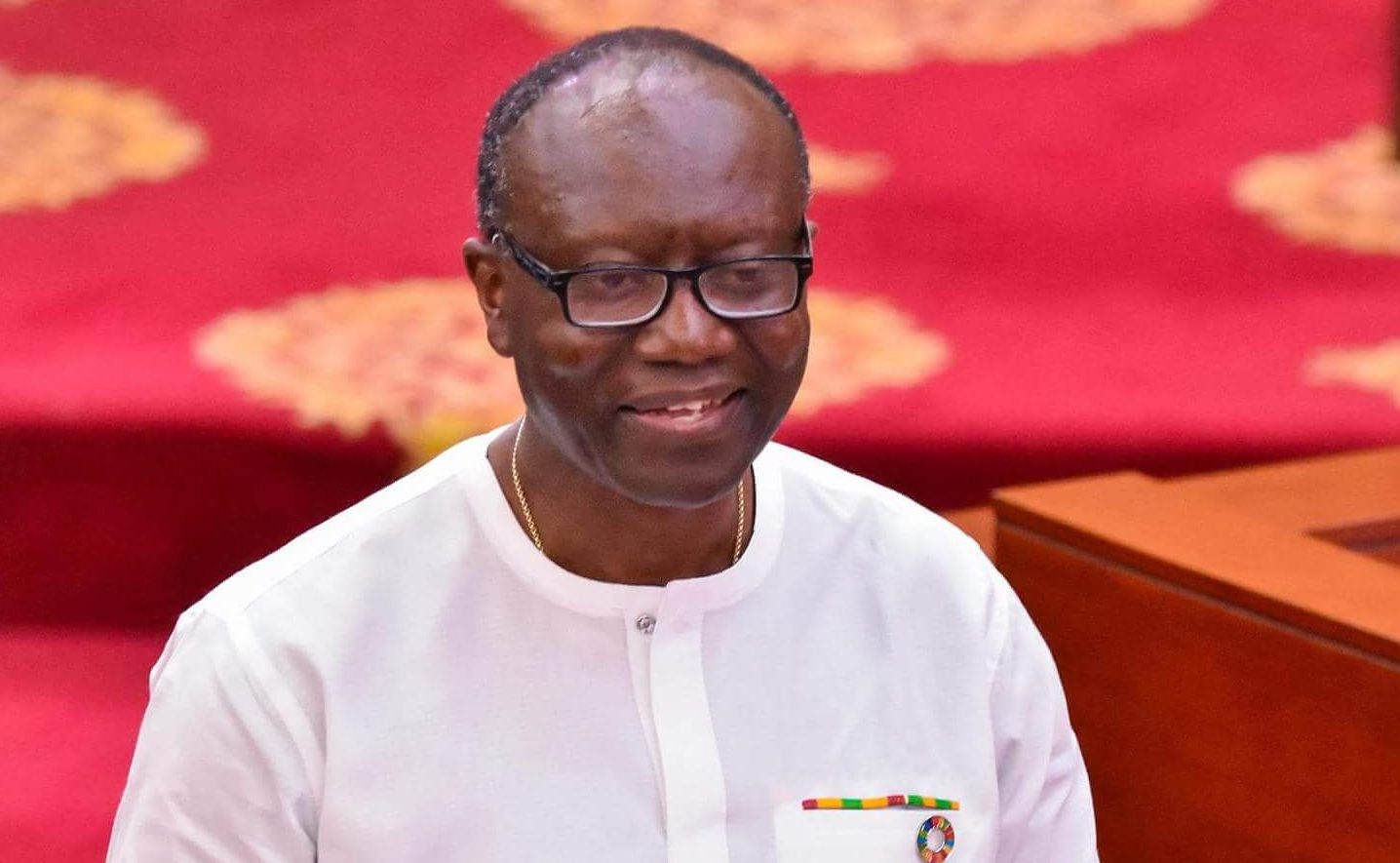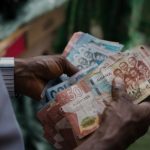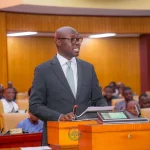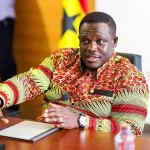
The Executive Board of the International Monetary Fund (IMF) has granted approval for Ghana’s $3 billion bailout request, aimed at revitalizing the country’s struggling economy.
The decision was made during the Executive Board’s meeting held on Wednesday, following Ghana’s receipt of financing assurances from the Paris Club.
The approval of the three-year extended credit facility for Ghana has been confirmed by the IMF.
The International Monetary Fund will hold a virtual press conference on Thursday, May 18 to give further details on the outcome of the IMF Executive Board meeting on Ghana’s bailout request.
Last Friday, IMF Managing Director, Kristalina Georgieva said Ghana’s official creditors had provided the necessary financing assurances for the IMF Executive Board to look at signing off on the loan.
“We expect a deal on Wednesday. With the disbursement, there is going to be $600 million as a first tranche just immediately after the approval,” Minister of State at the Finance Ministry, Mohammed Amin Adam said.
He said a second tranche of $600 million is expected to be approved after a successful first review of the programme, sometime in November or December, with the rest disbursed in equal tranches of $360 million after semi-annual reviews.
The funds will boost Ghana’s coffers and help it work towards the target of foreign reserves amounting to the equivalent of three months of imports by 2026, he said.
On December 12, 2022, the IMF reached a staff-level agreement with Ghanaian authorities on a new arrangement under the Extended Credit Facility.
“The Executive Board of the International Monetary Fund (IMF) approved a 36-month arrangement under
the Extended Credit Facility (ECF) in an amount equivalent to SDR 2.242 billion (around US$3 billion, or 304 percent of quota). The program is based on the government’s Post-COVID-19 Program for Economic Growth (PC-PEG), which aims to restore macroeconomic stability and debt sustainability and includes wide-ranging reforms to build resilience and lay the foundation for stronger and more inclusive growth,” IMF announced in a statement.
Following the Executive Board discussion on Ghana, Ms. Kristalina Georgieva, IMF Managing Director, issued the following statement:
“The combination of large external shocks and pre-existing fiscal and debt vulnerabilities precipitated a deep economic and financial crisis in Ghana. In response, the authorities have launched a comprehensive reform program, to be supported by the ECF arrangement. It is focused on restoring macroeconomic stability and debt sustainability as well as implementing wide-ranging reforms to build resilience and lay the foundation for stronger and more inclusive growth. Capacity development and continued support by development partners would be critical for the successful implementation of the authorities’ program.
“Fiscal consolidation is a core element of the program. A substantial and front-loaded fiscal adjustment has started with the 2023 budget. Enhanced revenue and streamlined expenditure will be combined with policies to protect vulnerable households and create room for higher social and development spending in the medium term. With a view to fostering lasting fiscal discipline, the authorities are also advancing reforms to enhance domestic revenue mobilization, strengthen public financial management, and tackle the deep challenges in the energy and cocoa sectors. The government has also launched a comprehensive debt restructuring, including both domestic and external debt, to place debt on a sustainable path. Effective collaboration by all parties involved would be critical.
“Preserving financial sector stability is critical for the success of the program. Given the adverse impact of the domestic debt restructuring on balance sheets of financial institutions, the authorities will devise and implement a comprehensive strategy to rapidly rebuild financial institutions’ buffers and exit from temporary regulatory forbearance measures.
“Monetary and exchange rate policies under the program will focus on reining in inflation and rebuilding foreign reserve buffers. The Bank of Ghana will continue tightening monetary policy until inflation is on a firmly declining path and will eliminate monetary financing of the budget. The central bank will also enhance exchange rate flexibility and limit foreign exchange interventions to rebuild external buffers.
“An ambitious structural reform agenda is being put in place to reinvigorate private sector-led growth by improving the business environment, governance, and productivity.”








